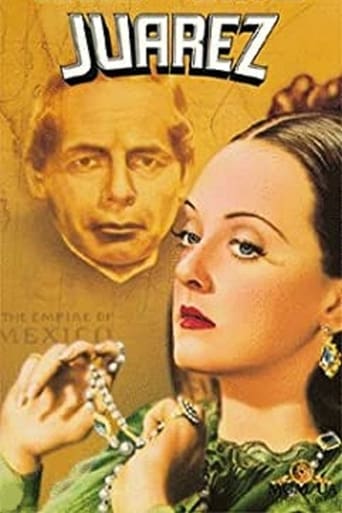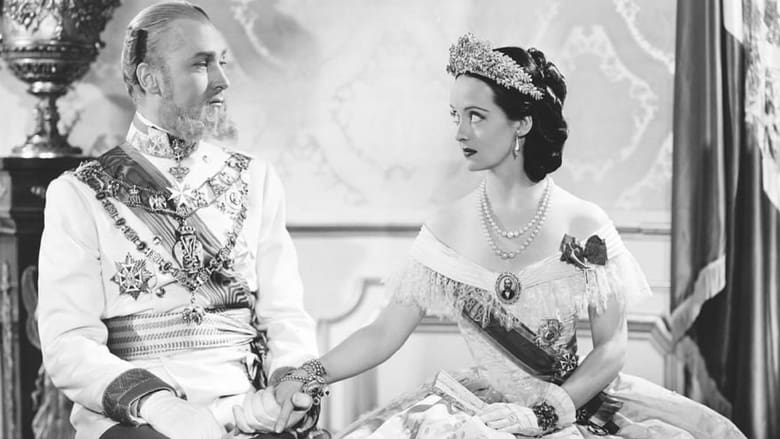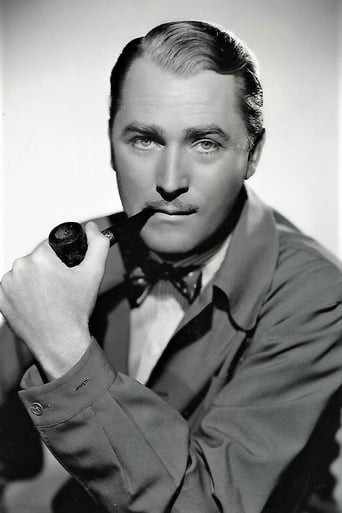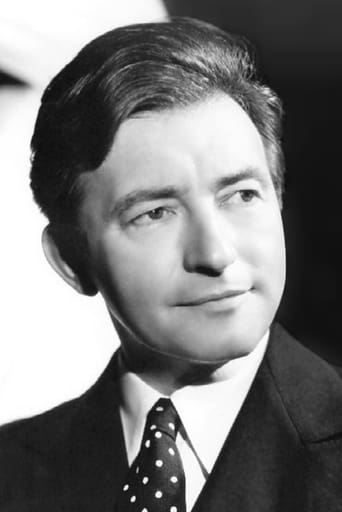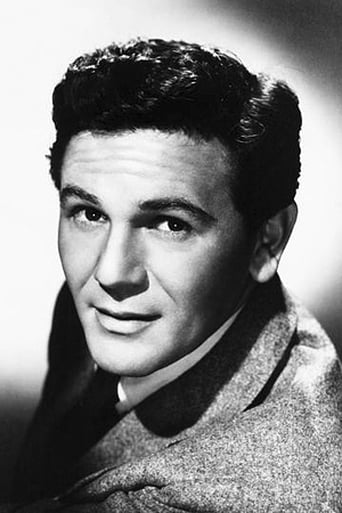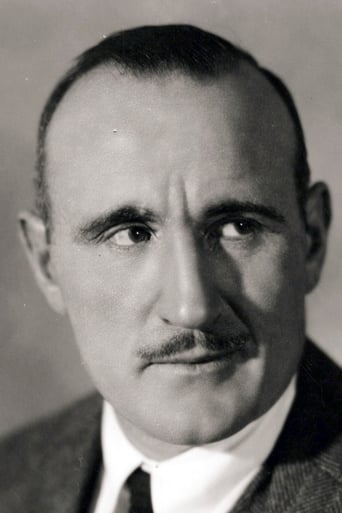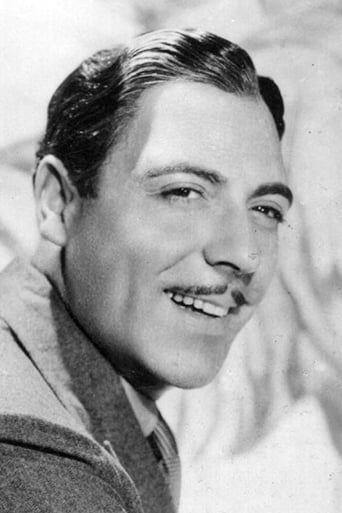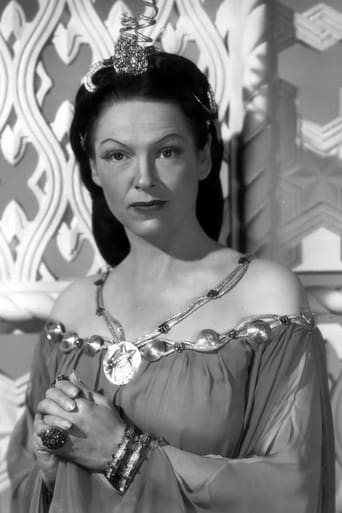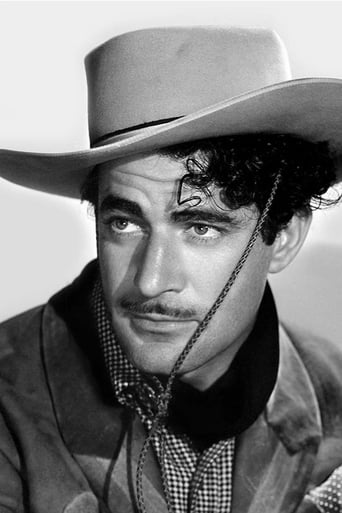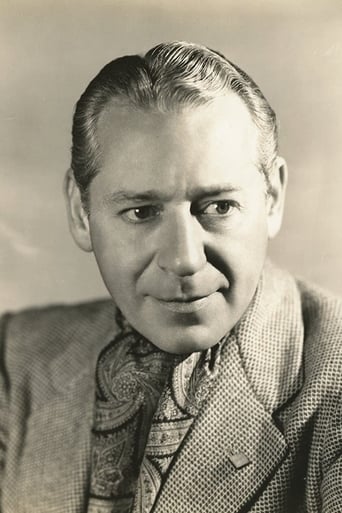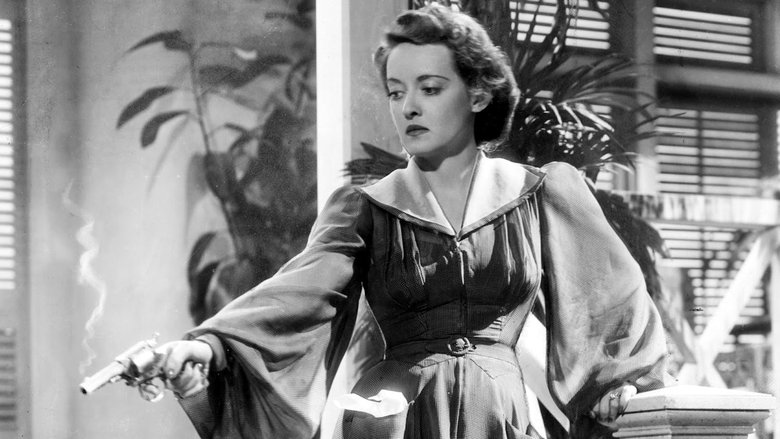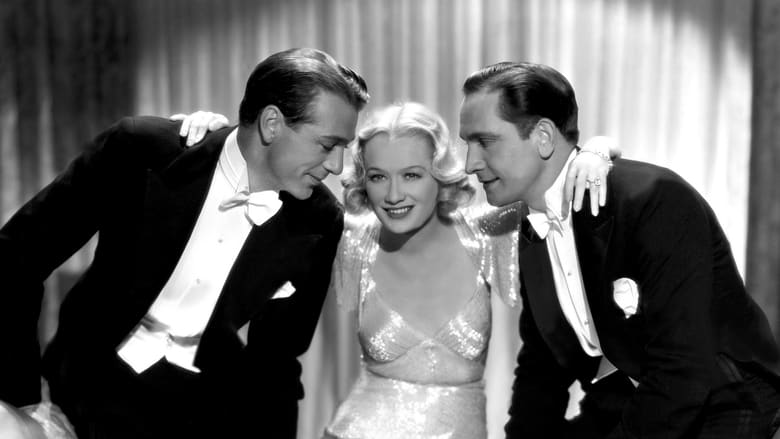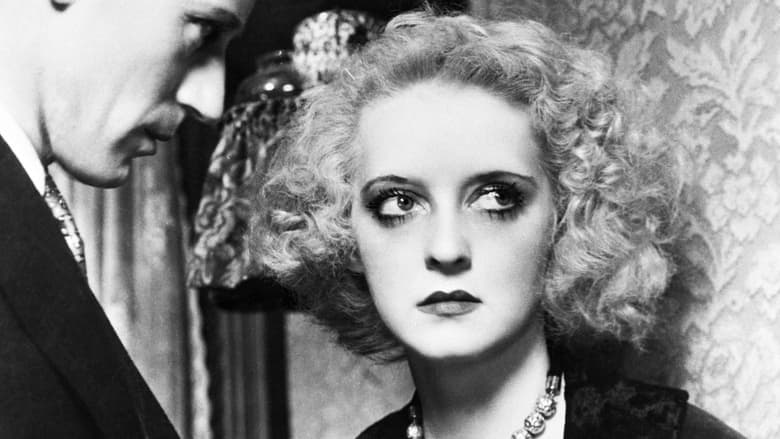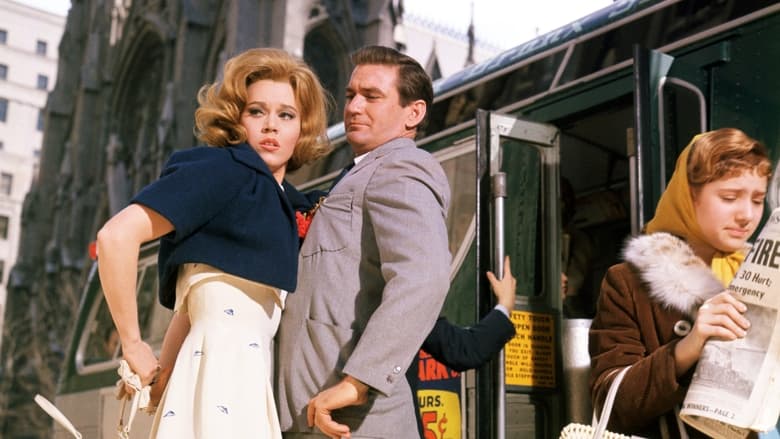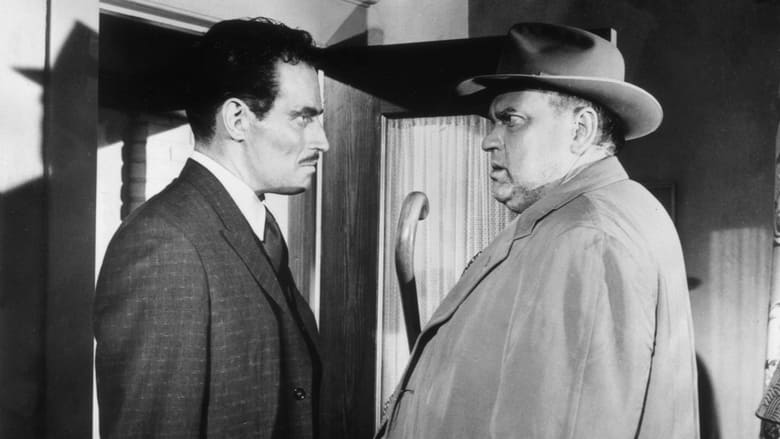The newly-named emperor Maximilian and his wife Carlota arrive in Mexico to face popular sentiment favoring Benito Juárez and democracy.


Similar titles
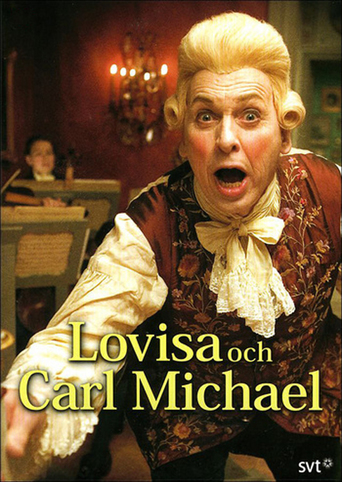





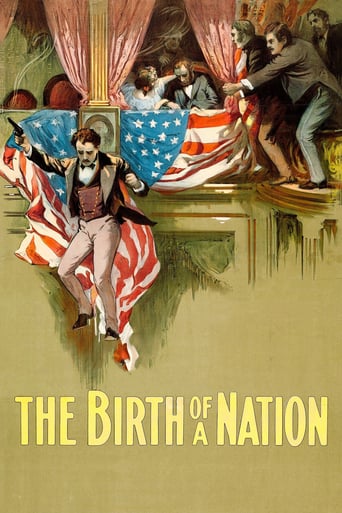



Reviews
Hollywood movies about Mexico, new ones as well as old ones, tend to include lots of largely inaccurate clichés. And are mostly acted by people who have no connection to Mexico. This movie is a rare exception with regard to clichés, though it is still acted mostly by non Mexicans.Movie is also mis-titled. It is about the French imposed emperor of Mexico, Maximilian (excellently played by Brian Aherne, as a well meaning dupe, in well over his head, and his wife played by Bette Davis in a role suited to her talents), rather than his opponent republican president Juarez(played by Paul Muni, with laconic and stoic, and thus rather stiff, dignity). As far as I can judge, movie is fairly accurate with regard to external historical facts. However characters are too black and white to be real. For instance, Maximilian was indeed well meaning in real life, but hardly a complete dupe of others, and was knowingly responsible for creating lot of suffering. Juarez, in his turn, was no spotless democrat. Movie almost completely ignores the important political role of Catholic church, and bloody anti clericalism of republicans. It also whitewash USA's role and selfish motivations, while smearing the French and their emperor more than they deserve.As is to be expected,from a major studio movie of that era, this one has excellent production values.All in all, movie is worth watching.
If blood is to be spilled then the reason for it must be extraordinary and not just to replace one rotten system of power with another of the same.If changes are made for the individual freedom of the people, it doesn't matter by whom or how, especially if no blood has to be spilled.Juarez is given the possibility of such changes by Maximilian but refuses them for his extremely blurred opinion of democracy, which he believes can come about by a representative democracy (I don't believe he did even know about the direct democracy). Had he accepted, Mexico may have become like Sweden but more prosperous, since Maximilian, from all that we know, was certainly better than the Swedish kings of the same time. This only goes to show that when somebody talks blurry, it's important to ask the practical and impertinent questions.
Although there are some mistakes historically speaking,this is an absorbing screenplay,with superlative performances by Paul Muni,Bette Davis and Brian Aherne,who should have been at the top of the bill too,for he has more scenes than his two co-stars.Muni is almost frightening with his impassive face and his slow delivery.If looks could kill,his certainly would...Davis ,although she does not look like Charlotte physically ,gives a captivating portrayal of the empress.The scene when she prays Virgin Mary is impressive ,but not true: she was not sterile,but she and the emperor used to sleep apart!Their relationship was much more complex than the one depicted by Dieterlé: actually,the emperor was often away,it seemed that their strange love worked from a distance.Little by little,Maximilian lost all interest in power and Charlotte was ruling while he was gone (which often happened)or was staying in his Cuernavaca "paradise" .Aherne is Maximilian in the flesh.It's interesting to notice that his brother Francis-Joseph had deprived him of all his rights and his titles in Austria.Historians generally agree that he would not have accepted the Mexican throne,if Charlotte had not been his wife. the problem is that the film doesn't show us the couple BEFORE they get to Mexico:one thing to bear in mind is that Max did not accept the throne overnight;and many people in Europa (notably Queen Victoria and Empress Elizabeth aka "Sissi" ) had warned them it was more a curse than a blessing.Charlotte (Carlotta) ,someone reportedly said ,wanted to reign over any people anywhere.Sissi called her Max's black angel. Maximilian is depicted as a chivalrous noble sovereign which he was in a way.But of course ,he had lots of (Mexican)lovers since he didn't sleep with his wife Dieterlé does not pass over in silence the obnoxious role played by Napoleon the Third (and wife Eugénie de Montijo).Charlotte does show her contempt:"He is an impostor,his family is not an old one like ours ".The famous scene of the orangeade is included .Today,no serious historian would put forward that the drink was poisoned.But it might be possible that she was poisoned before leaving Mexico.Davis shines when she plays these scenes of madness.The scenes in Paris are not thoroughly accurate though:Eugenie (an incredibly beautiful Sondergaard) met first Carlotta alone in the Grand Hotel -they did not invite her to the Tuileries,which meant a lot about what they felt-Metternich was not the person who helped Carlotta :she first took refuge in the Vatican where the pope had trouble to get rid of her,then her sister-in-law Marie -Henriette ,queen of Belgium,came to her rescue when she was treated almost like a prisoner in Miramar.All that concerns Maximilian's death is accurate ,his last words were "poor Charlotte!"Poor Charlotte indeed.She was to outlive almost everyone,even Empress Eugenie! She died in 1927,after years and years of insanity with occasional moments of lucidity ,notably during WW1.Dieterlé's movie is by no means uninteresting,but it would be exciting to film a remake in the light of the recent works about the Mexican adventure.
From "Pancho Villa Starring Himself" to "The Mexican" and the execrable "Man on Fire" (produced by an Englishman, from an Italian script loosely based on an incident in Columbia... reset in Mexico), Hollywood has never made a film about Mexico that doesn't fall back on clichés and cartoonish "gringo-centric" stereotypes. Despite some problems, Juarez is an honorable exception.The problem with the screenplay is that Bettina Harding bought the romantic, Euro-centric notion of Max and Carlotta as figures in a "tragic romance". They were patsies for Napoleon III's global ambitions (something the film does very well), but everyone in Mexico knows the two were complete fools who destroyed the economy, and hardly the loving couple depicted in the movie. Max was a syphilitic, pretentious twit. He neglected Carlotta (the "Casa Obvio", his summer house in Cuernavaca that he built, "forgetting" to include rooms for Carlotta is a popular tourist attraction now, and a botanical museum), had a son by his mistress, "la Bonita India" and -- infected his wife.The other reviewer is unintentionally misleading when he writes that Carlotta lived in seclusion for 60 years. She was bed-ridden most of the time, suffering tertiary syphilis, requiring round-the-clock medical care. She did indeed, like in the film, go bonkers -- but in the Vatican, not in a French palace. The Papacy was a major player in the geo-politics surrounding the Mexican adventure, but the film (perhaps wisely) simplifies the politics. But, what the hey -- it's Hollywood! It has the perfect cast for this kind of epic: who better to play stoic, long-suffering historical figures than Paul Muni? Who does devious Europeans better than Claude Raines and Donald Crisp? I really enjoy seeing Porfirio Diaz (who later seized the Mexican presidency in a coup, and maintained control for close to 35 years -- and is now a mixed figure in Mexican history, sort of like Lenin with the Russians, or Ataturk among the Turks) played by John Garfield. And who better to go completely bonkers and chew up the scenery than Bette Davis? By all means, watch the movie, but then read your Mexican history.
